One of the most useful metaphors for driving scientific and engineering progress has been that of the “machine.” But in light of our increased understanding of biology, evolution, intelligence, and engineering we must re-examine the life-as-machine metaphor with fair, up-to-date definitions. Such a process is allowing us to see that living things are in fact remarkable, agential, morally-important machines, writes Michael Levin.
The difference between living beings and machines was once apparent. Machines came from a factory and were designed by the real creatives - humans (or in the case of simple machines, such as levers, by crows), who understood exactly how they work. They were boring and predictable – they did the same thing over and over again, they did not adapt to new challenges, and they showed no evidence of having preferences or an inner perspective. Thus, we felt on safe moral ground to do whatever we wanted with them – disassemble them for example. Living beings were the exact opposite in every way. They were created, with great competency but no comprehension, by other living things. On a longer time scale, they appeared as a result of a blind search process (evolution), from an originally abiotic state, becoming infinitely clever in their handling of their environment and of novel challenges and opportunities.
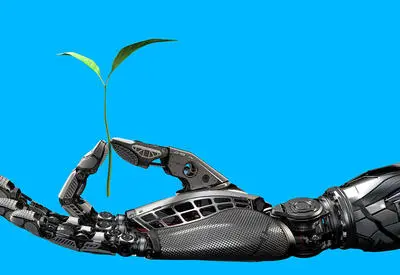 SUGGESTED READING
Nature is a jazz band, not a machine
By Jeremy Lent
SUGGESTED READING
Nature is a jazz band, not a machine
By Jeremy Lent
These traditional definitions go on to specify that, unlike machines, living things display clear agency – they have preferences, they are easy to reward and punish, they learn from their experience, and at least some of them are able to make statements that convincingly speak of an inner perspective and a deep spiritual nature beyond the “mere mechanisms” of our brains and bodies. As a result, they garner empathy and moral status. Sadly, the recognition of biological, agential status has never conferred fully effective protection to all - there have been many historical lapses of ethical treatment of human beings, to say nothing of other mammals, due to exaggeration of inconsequential details as bases on which to form in-groups and out-groups with respect to various moral protections. While humans have failed to act consistently and ethically on agential properties, the definitions of these categories (living being vs. machine) seemed, for a long time, to pick out clearly distinct categories. But those familiar criteria for ‘living beings’ vs. ‘machines’ will not survive the next couple of decades.







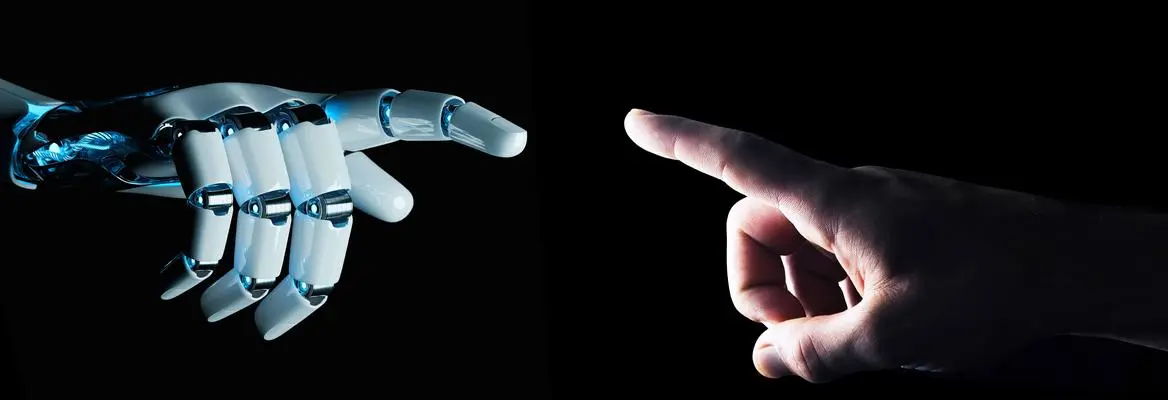


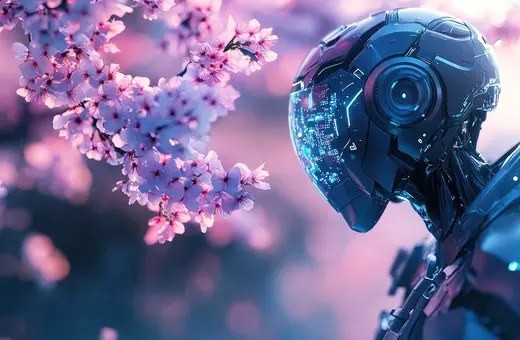

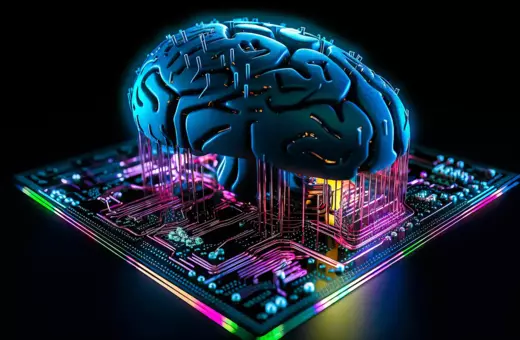


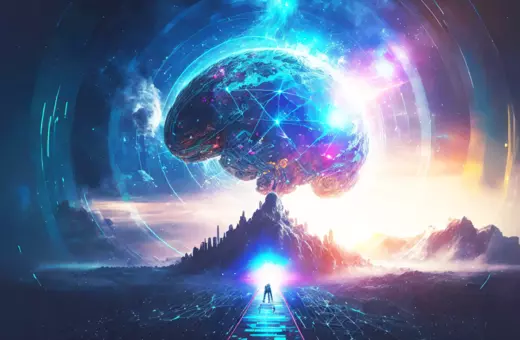




Join the conversation